When it comes to selecting the ideal loop wire for your project, there is no one-size-fits-all solution. Gauge, or the thickness of the wire, is the most significant factor: Opt for a thicker wire if you want to prevent overheating, whereas a thinner wire is more manageable for working with. It is important to find a balanced approach; make sure you’re opting for a wire that can support your current draw without being too cumbersome.
When deciding on a wire to use for your project, its insulation can make all the difference. PVC and Teflon are the two most widely used insulation materials. PVC is an inexpensive option, however its heat-resistance cannot compare to that of Teflon-insulated wiring. If you expect your project to generate high levels of heat, then investing in Teflon-insulated wire may be worth it.
In order to securely attach the wire to your project, you will ultimately need to decide on an appropriate type of connector for the job. Utilizing a soldered connection is often a standard procedure; however, if your project will endure high levels of motion, a soldered connection is more prone to malfunctioning. Rather than risking it, opt for a screw terminal or crimp connector!
After mulling over all of these elements, you are now in a position to select the optimal loop wire for your endeavor.
Related Product

Black Annealed Wire
Product Description: Product name Black Annealed Wire MOQ: No Material Q195,Q235 Delivery time: 20days after payment Surface annealed or as your request Payment terms: T/T,L/C We […]
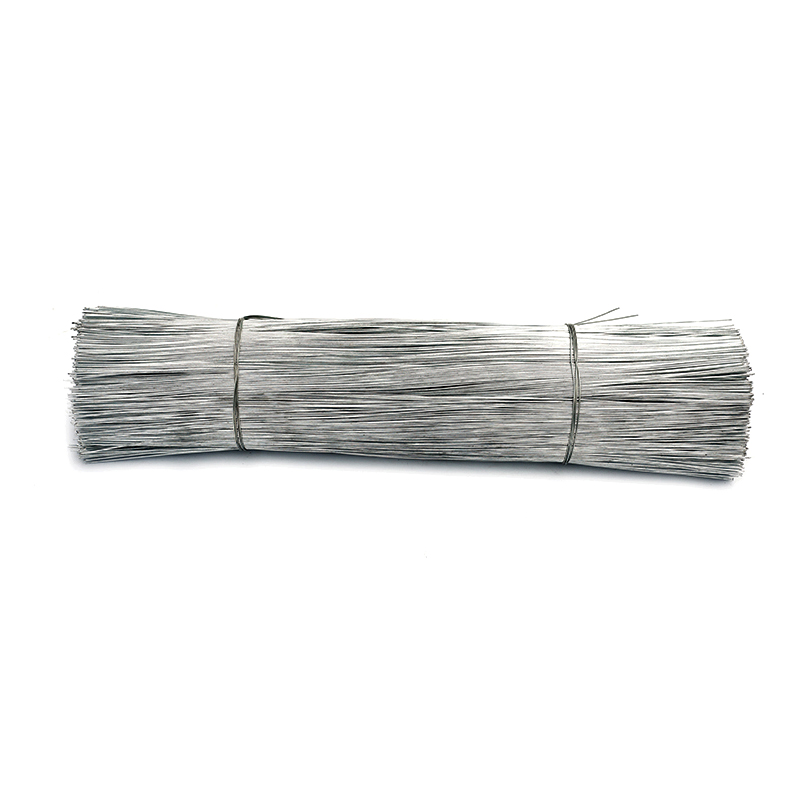
Cutting Wire
Product Description: Product Name Cutting Wire Zinc Coating 30-70g Place of Origin Chinese mainland Tensile Strength 33-50kg/mm2 Material Electro galvanizedHot dipped galvan […]
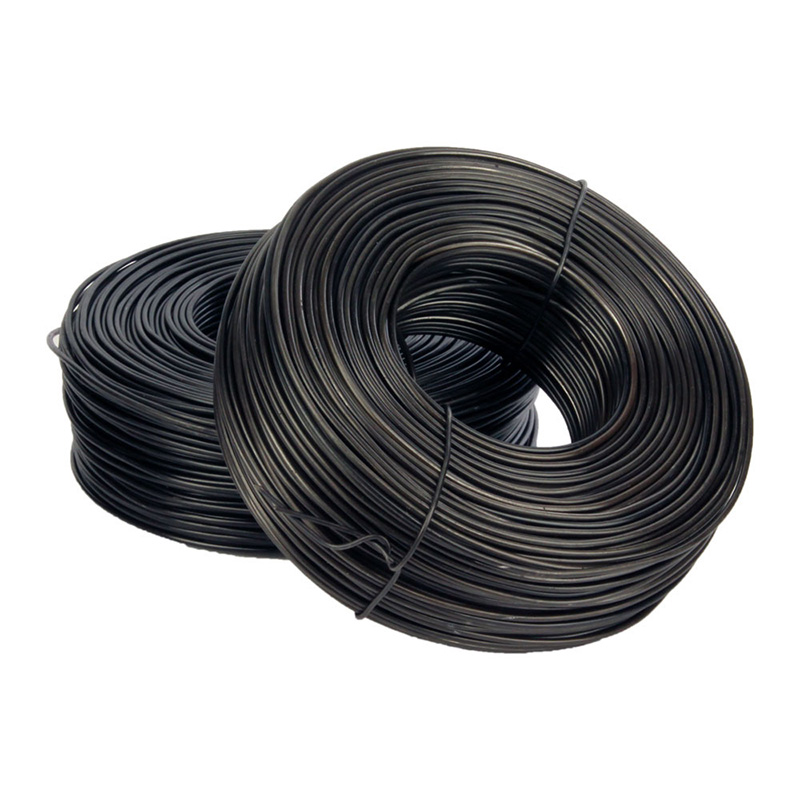
Tie Wire
Production Process of rebar tie wire : Steel rod coil — Wire Drawing — Wire Annealing–Rust Removing–Acid Washing– Boiling– Drying– Zinc Feeding– Wire Coiling. Wires Type 1.Galvaniz […]
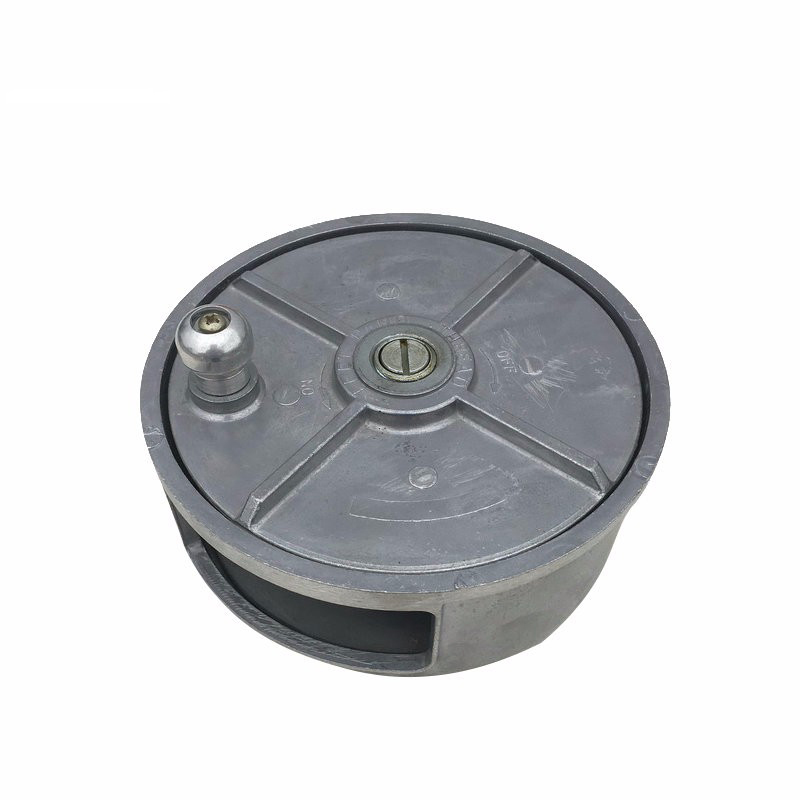
Reel Wire Tool
Product information: Specification of Aluminum Tie Wire Reel Material Plastic & Aluminum Weight 1.95LBS Application Binding Wire MOQ 1000pcs Sample Free Package 5PCS/CARTON &nb […]
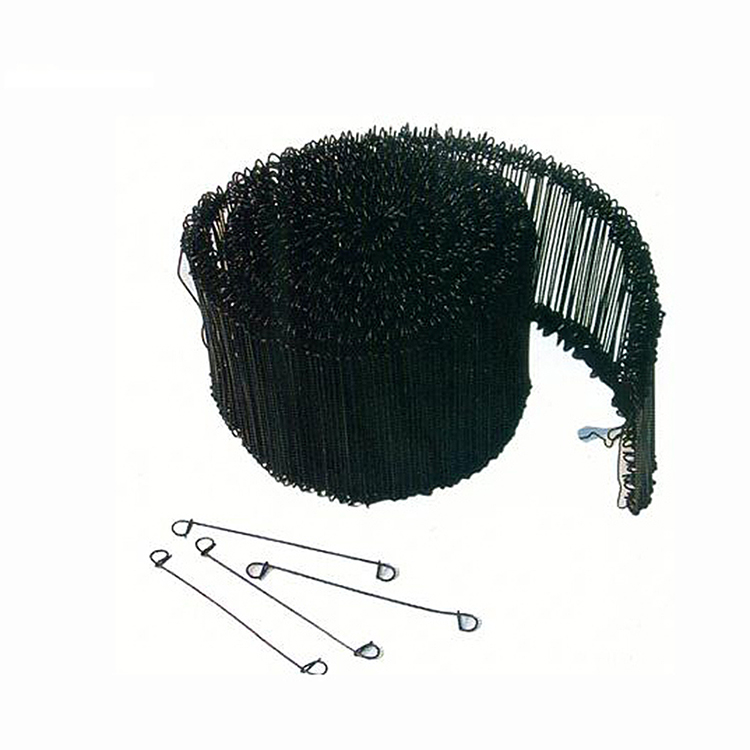
Double Loop Tie Wire
Double loop tie wire material Product Information: Wire diam. 0.5mm—2.0mm Finishes Black Annealed. Galvanized Annealed, Coppered, PVC coated, Stainless steel Wire gauge BWG6 […]

Twister Tool
Handle Twister tool,plastic handle: Weight: 0.4kg Color: Black, blue,yellow ,red etc Material: Carbon Steel Plastic Handle Wire Tie / Tying Hook Tool Twister Wooden Handle […]
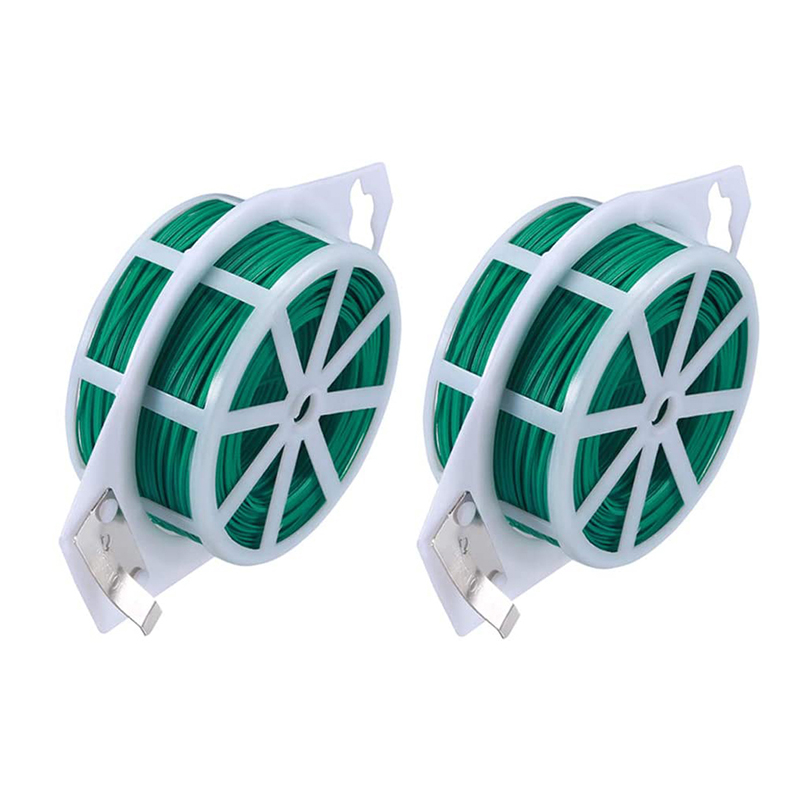
Garden Wire
Product information: The garden shingling is made of pvc plastic and high-quality galvanized iron wire, which is 3 to 4 times faster than any material, and the buckle is loose, the […]
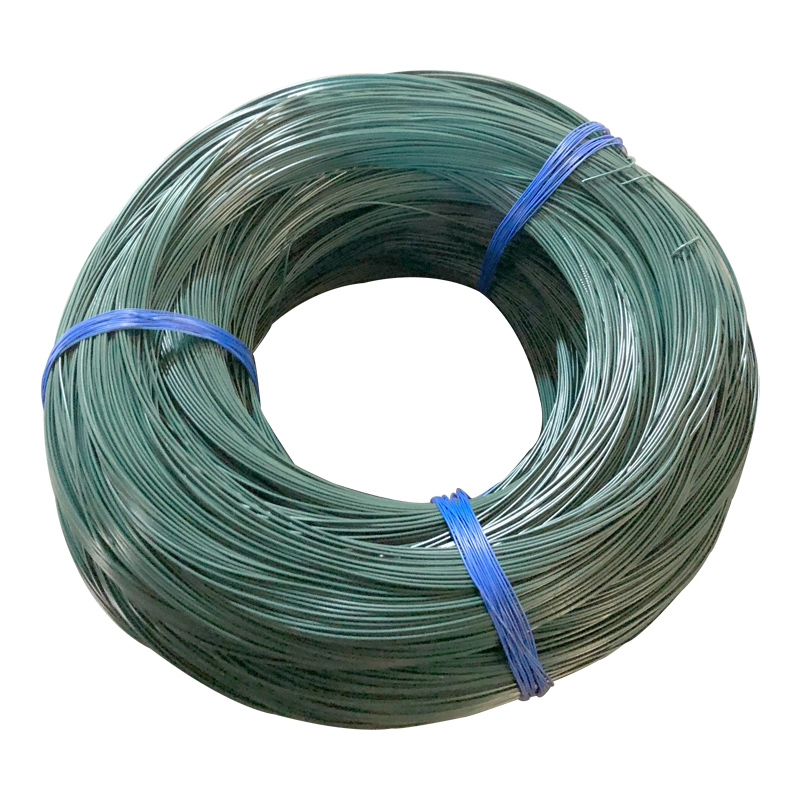
PVC Coated Wire
PVC coated wire, also called plastic coated wire, after high temperature dissolution cooled solid PVC particles uniformly wrapped in high-quality black iron wire and galvanized wi […]
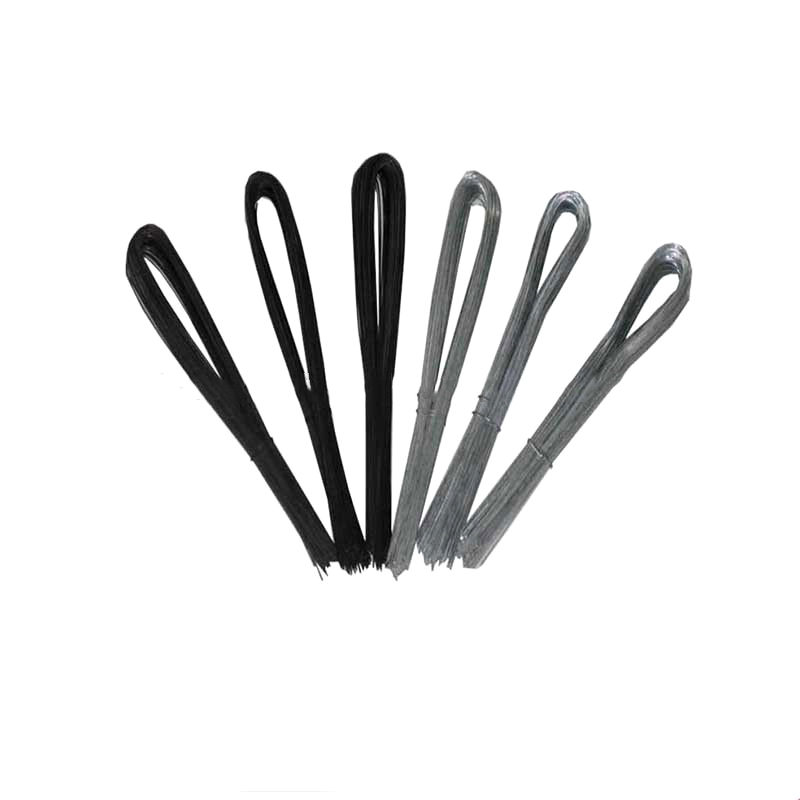
U Type Wire
Product information: Product Name Scaffolding Packing Galvanized Tie Wire Cuttings U Type Binding Wire Material Electro galvanized,hot dipped galvanized,black annealed,PVC coated W […]
Post time: 2023-06-23
